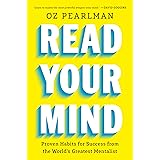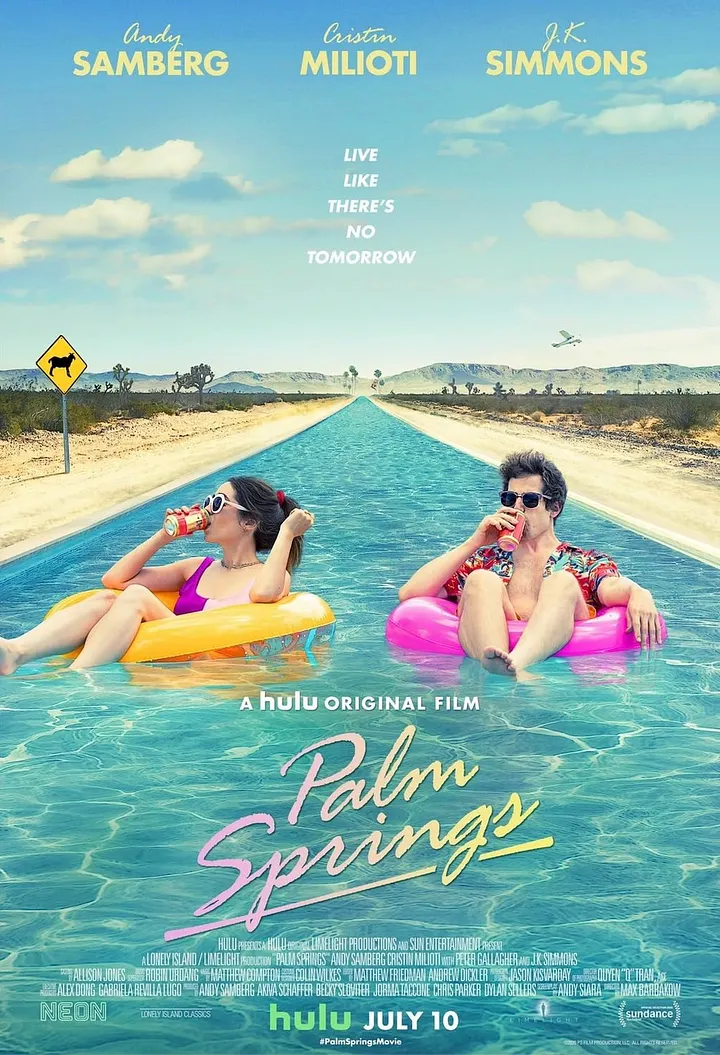“Unlocking the Myth: Why Chasing Writing Perfection Could Be Your Greatest Mistake”
Have you ever taken a piece of writing advice to heart, only to find yourself staring blankly at the page, wondering if you’ve just inadvertently doomed your literary efforts? We often hear the ages-old wisdom: “Show, don’t tell,” or “Write what you know.” But what happens when those rules stifle our creativity rather than spark it? In this article, I explore the nuances of writing advice—especially the ones that can be misleading when taken too literally. Drawing from personal experiences, including lessons taught by a professor whose own career was less than flawless, I’ll reveal how a critical eye and a dash of skepticism towards conventional advice can enrich your writing journey. You might be surprised what ‘perfection’ really means in this chaotic creative world! LEARN MORE.
We shouldn’t take all writing advice literally
One of my professors in college, Seth Winston, was the screenwriter of She’s Out of Control. I have not seen this movie, but according to Roger Ebert’s zero-star review, it’s “the first movie fabricated entirely from sitcom clichés and plastic lifestyles, without reference to any known plane of reality.”
He was not in denial about how bad the movie was. According to him, the director (Stan Dragoti) made changes without consulting him. He would make a change to page 12, for instance, without realizing how it would affect something on page 53. Seth had toiled over that script, choosing every word deliberately and making sure it was the exact right one. And then the director came in with a sledgehammer to demolish it.
Seth told us that the script was perfect when he handed it in, as was everything he’d written. Because he wouldn’t have been comfortable putting his name on the title page otherwise.
Overall, Seth was a fantastic teacher, but I wish I hadn’t taken that lesson away from him.
I don’t know what he meant by “perfect” exactly, but in the 20 years since taking his course, I have not written a single thing that I’ve felt deserving of such a term.

















